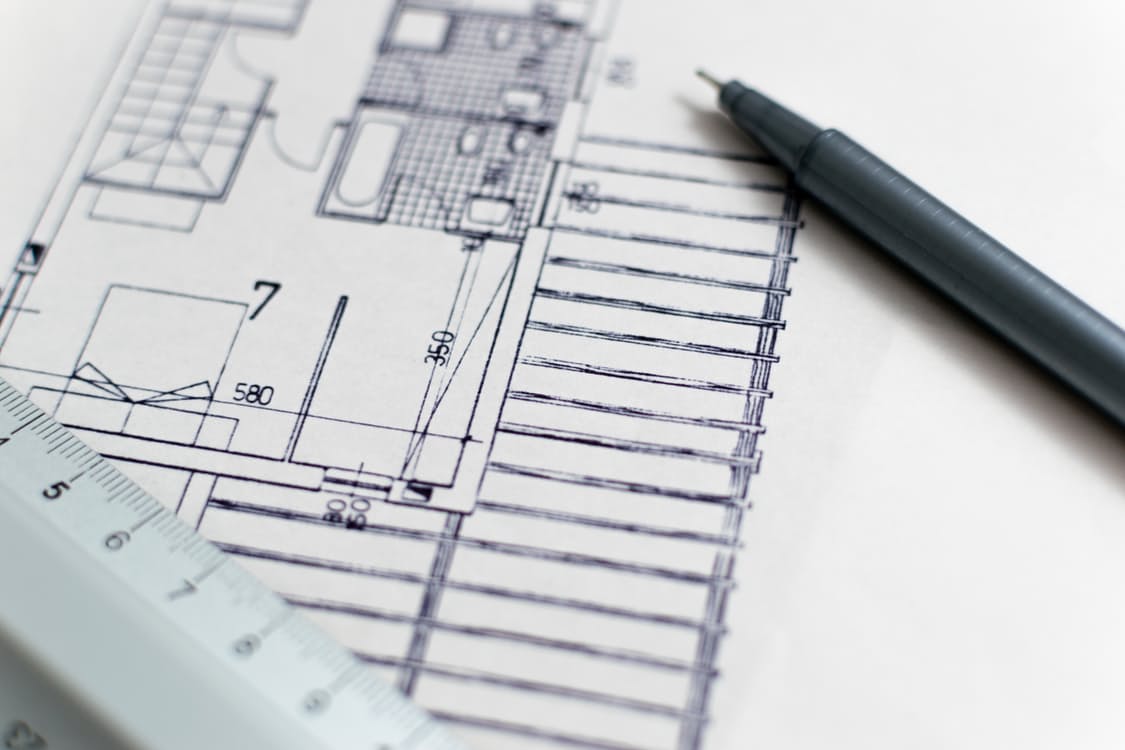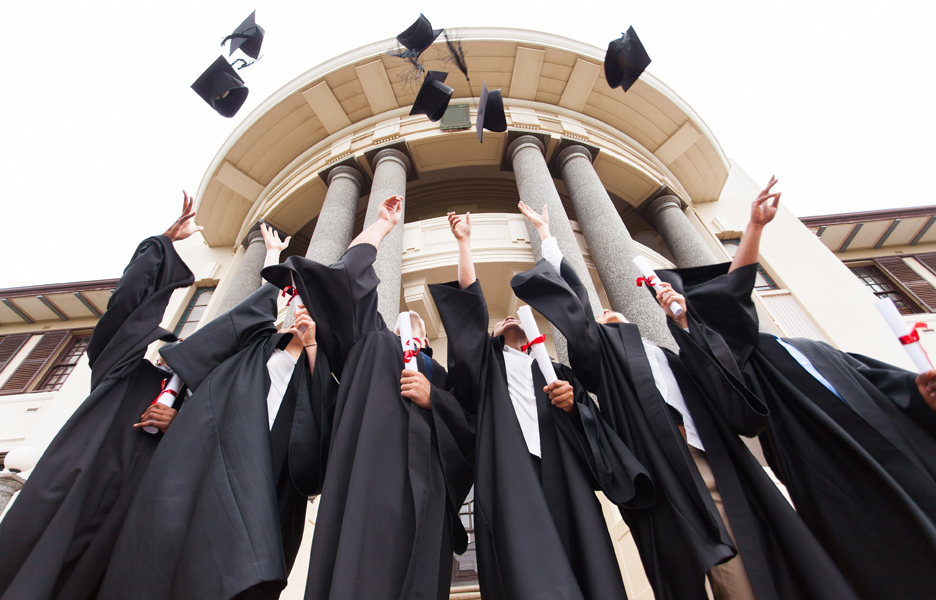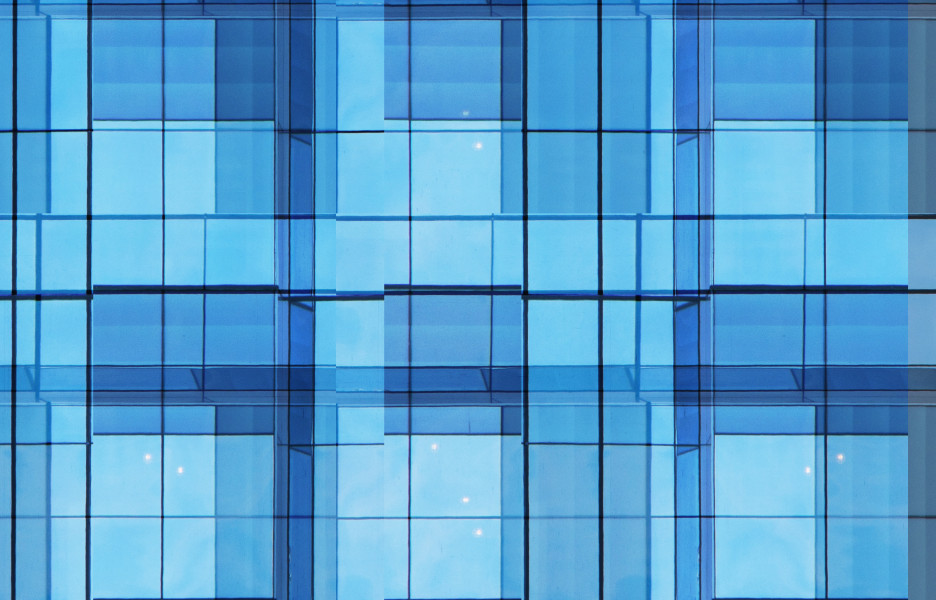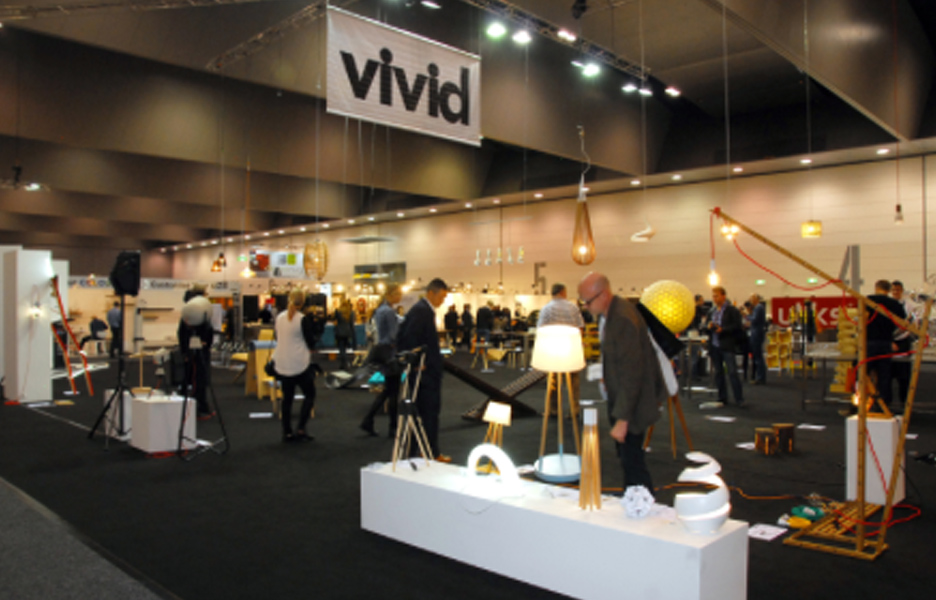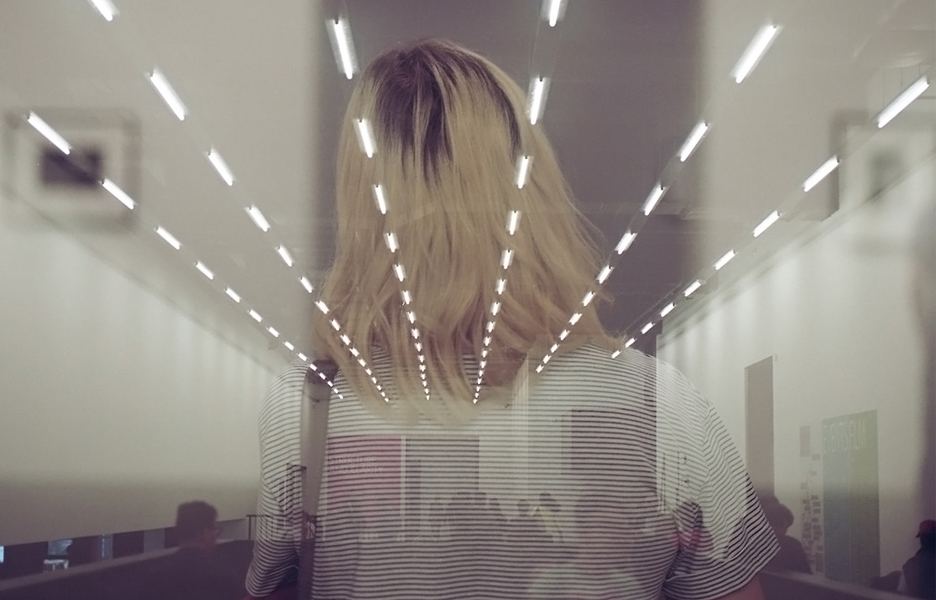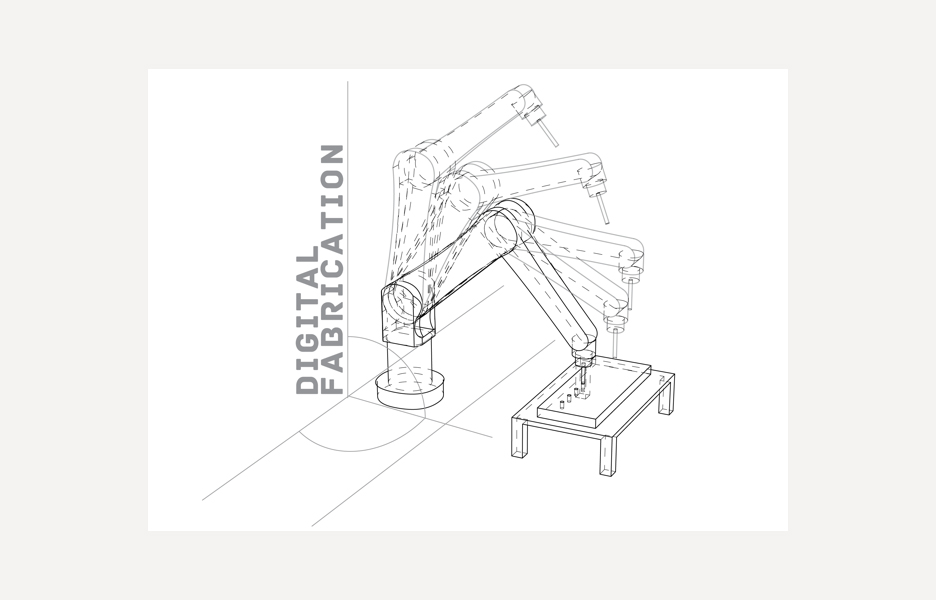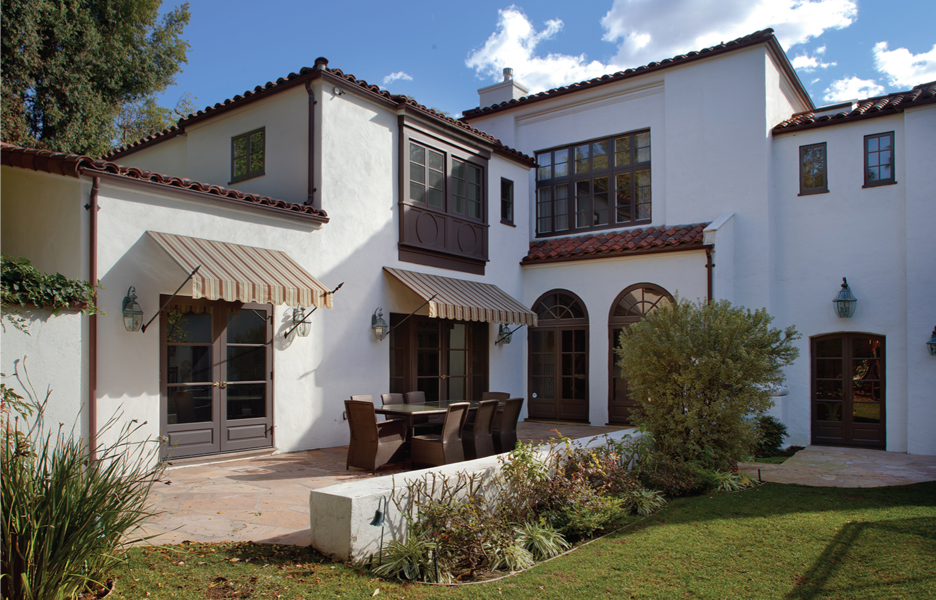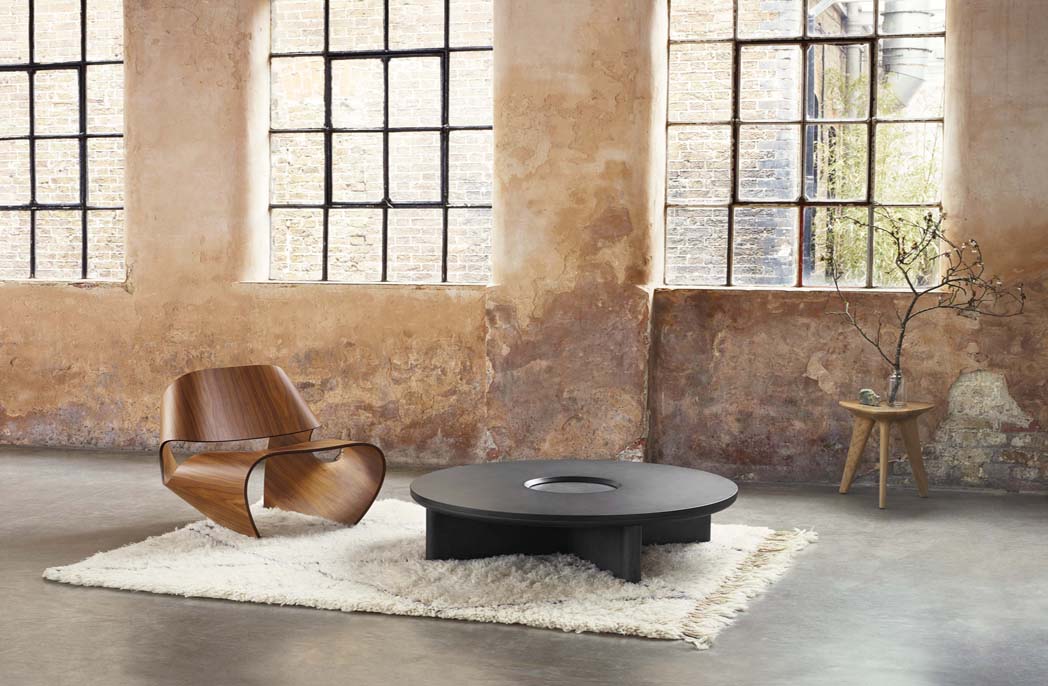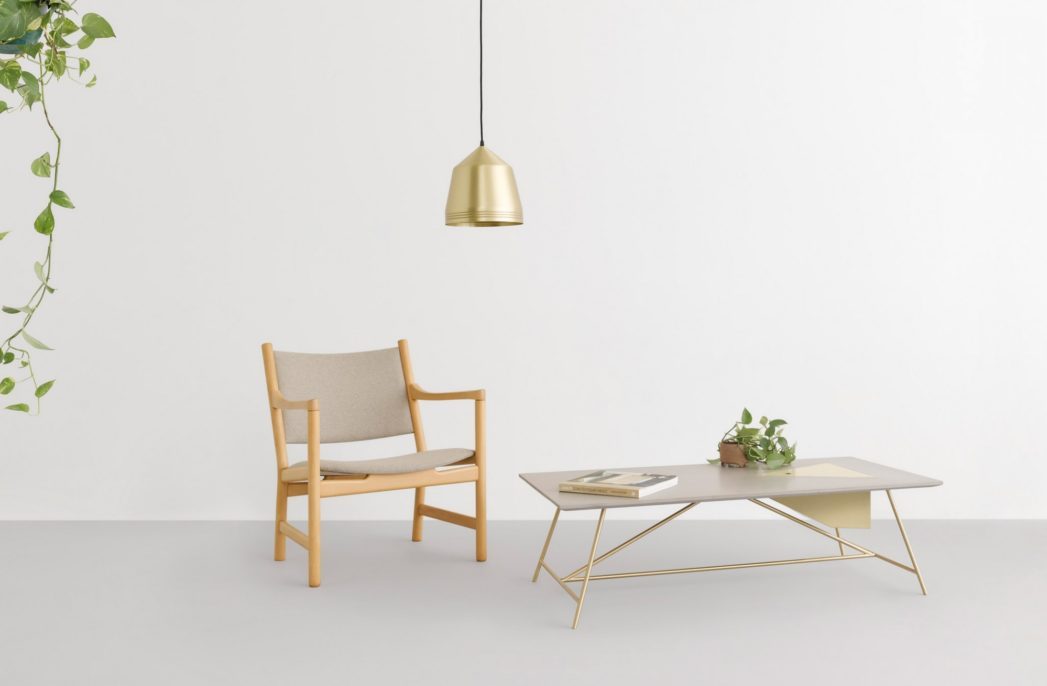
Folk Architects founder Christie Petsinis on designing for changing cities
Folk Architects founder Christie Petsinis on designing for changing cities
Share
In the lead up to IDEA 2018, ADR is running a series of Q&As and profiles with this year’s esteemed jury. In the fifth instalment we catch up with the co-founder of Folk Architects, Christie Petsinis, who talks through designing for changing cities and a user-centric approach to projects.
Entries into IDEA 2018 close on Wednesday 16 May at 5pm. Get your entry in now!
Folk is known for taking a user-centric approach to design. How does this translate across your diverse portfolio of varying scales?
Our projects are process driven and individual – each responding to the site, context and social conditions without any preconceived ideas. We love having projects of varying scales and complexities within the studio and find that the explorations and learnings from each project typology can help to inform others.
To develop a deeper understanding of the project we engage with a broad range of user groups as well as the site and surrounding context. We believe that good design is not attributed to one author but rather is a creative collaboration in which the contributions of all members of the project team are worthy of consideration.
What do you feel is the most challenging part of being an architect today?
Good architecture and design can improve our health, wellbeing and connection within society. I think that people are moving towards co-sharing and intergenerational living. A challenging aspect of architecture today is to reinforce connections to place, people and culture – we feel that projects benefit when this is much stronger.
We are always evaluating materials that belong to the site and context, durable, pragmatic yet that recognise the history and place – people, patterns and folk that were there earlier, yet allows freedom and invites new beginnings.
What’s the one critical question that you ask yourself before you design anything?
Should we build?
Before taking on a project we ask ourselves how will this contribute to the built environment and community? And how can we re-evaluate the brief to ensure that there are positive social, environmental and economic outcomes.
How do you keep challenging yourself individually and as a practice?
We continually question and review what we are doing but also look towards fields outside of architecture. Sharing information, skills and experiences with people from different disciplines is incredibly rewarding and can enhance outcomes. There is a great depth of knowledge in the areas of art, science and technology that architects can engage with.
How do you think architects need to adapt as the needs of our cities change? For example, being a Melbourne –based practice, what responsibility do you think architects have as the city feels the strain of a rapidly growing population?
Sustainability is imperative – there is no reasons why the buildings that we create cannot be autonomous, architects need to design places in respect to future generations. In the context of the city we can look toward shared economies to take the pressure off our resources. By reducing the footprint of spaces and by creating buildings that produce energy we can contribute to rectifying the balance of consumption and preservation.
At the moment we have a number of projects in the studio that are being reduced in size (as opposed to extended). The reward for people’s commitment to live in smaller footprints that are well designed is the reduction in ongoing maintenance and services costs – and it usually allows more space for the re-establishment of nature.
As a judge of IDEA 2018, what will you be looking for in the entries?
As a past winner in the Events Category with Watchmaker and now as a judge of the awards I will be reflecting upon our experience as participants. I’m interested in how projects will stand the test of time – allowing for adaptability, flexibility and future re-use. In addition to rational problem solving, fulfillment of the functional and technical demands, I’m also interested in the anticipated longevity and legacy of the project beyond its physical footprint. How can a space evoke an experience that is not prescribed – it’s not so much about what has been invented, but how the project transforms reality – as my former Finnish professor Juhani Pallasma would suggest, how it articulates the experiences of our very existence. There needs be an element of surprise, delight and magic!
Entries into IDEA 2018 close on Wednesday 16 May at 5pm. Get your entry in now!

